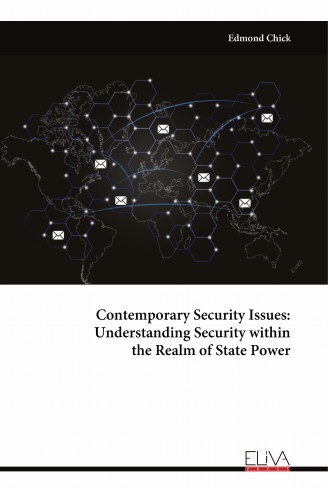Description
Leave review
Description
The global political landscape is undergoing significant transformation as populist movements challenge the post-Cold War liberal order traditionally dominated by global elites. This paper examines the erosion of multilateralism, international norms, migration flows, and free trade by the rise of protectionism, nationalism, and anti-immigrant policies. Populism prioritizes national interests over global cooperation, leading to defections from climate change agreements, human security frameworks, and governance structures critical to modern civilization. To address these challenges, this study proposes strategies to enhance global cooperation by tackling inequality, strengthening democratic institutions, empowering civil societies, and fostering social cohesion.
Additionally, the securitization of African migrants in Europe and North America is analyzed as a key manifestation of this trend, where migration is framed as a security threat rather than a socioeconomic or humanitarian concern. This rhetoric drives stringent border controls, detention policies, and xenophobic narratives, exacerbating human rights violations while neglecting root causes such as conflict, poverty, and climate change. This paper critiques these securitization mechanisms and advocates for inclusive, rights-based approaches to migration governance.
Focusing on Africa, the paper investigates the impact of the evolving world order on national security dynamics, using Cameroon and Mali as case studies. Despite facing similar security challenges, the two nations adopt divergent strategies, influenced by their unique historical and political contexts. Cameroon exhibits a steadfast ontological security approach since independence, while Mali’s strategy is more ambiguous. The research highlights the reliance on coercive measures over democratic governance in addressing security threats and recommends bridging socio-economic disparities and reinforcing democratic principles to mitigate these challenges.
By combining policy analysis and comparative research, this study underscores the urgent need for global cooperation, equitable migration frameworks, and robust democratic governance.




